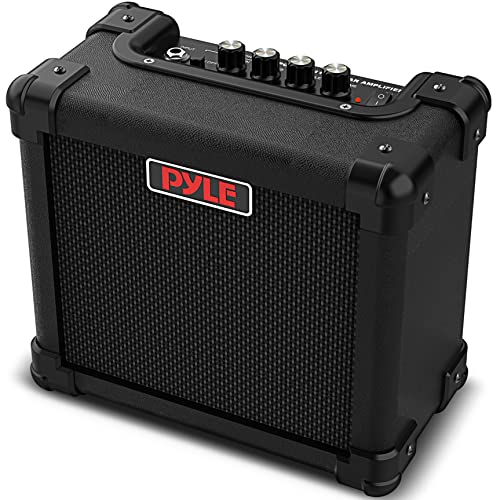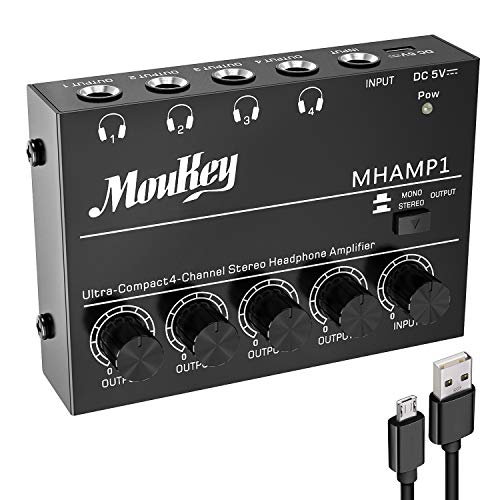After 10 years I would perform the following maintenance:
Tool requirements - 1 Chopstick - Do not touch anything with your hands
unless you know how to discharge your filter caps. Hence, the Chopstick.
Put one hand behind your back and keep it in your back pocket. The stick is not made of 98% water, but you are.
1. Visual Inspection of the circuit board - Look for burnt spots
2. Look for leaking yellow goo from the big blue filter caps
3. Clean all switchs internally with De-Oxit or a good contact solvent - Lube with Cai-Lube
4. Clean all pots with De-Oxit and follow with Cai-Lube to re-lube
5. Check the speaker for damage. I use a 9 Volt battery and look for movement.
6. Clean all tube socket pins with De-Oxit and follow with Pro-Gold
7. Power Tubes ( if not fresh)
8. Pre-amp Tubes ( check even if they are new )
9. Have a cup of coffee
10. Smoke a Cigarette
11. Clean input and speaker jacks with contact cleaner and sand.
12. Clean loop jacks. I use 12,000 grit sand paper so they shine.
13. Clean and dust the entire interior and exterior
13.25 Play test. Also try another speaker or cabinet to be sure
****WARNING - THE FOLLOWING IS FOR ADVANCED TECHS ONLY ****
13.5 Check Screen Grid resistors with ohm meter - Blown ones show 0
14. Check negative voltage at pin 5-DOCUMENT -57V
15. Check negative voltage at bias supply caps - DOCUMENT -57V
16. Check Plate Voltage at pin 3 of every PT - DOCUMENT
17. Check Bias with a Bias Meter
18. Ask yourself why you are doing this
19. Re-Assemble and playtest.
Outer sockets may show a lower negative voltage due to Simul-Class
Plate Voltage should be within 1-2 Volts
Bias Meter will determine what % of MPD you are at
Bias supply at supply caps should be equal at -57V
Document any wide variances. And read up on amp maintenance.
This is where I start when I look at an amp. I have been known to Q-Tip for hours and check resistors and capacitors for drift. Some need to be taken out of the circuit to be read, especially when coupled with a resistor.
If you have them, check for two 100 ohm resistors next to each other. They are 50 ohms in paralell. These are for ground reference to the heaters and may hamper the output or buzz. I dont remember if the MK IV has them.






















